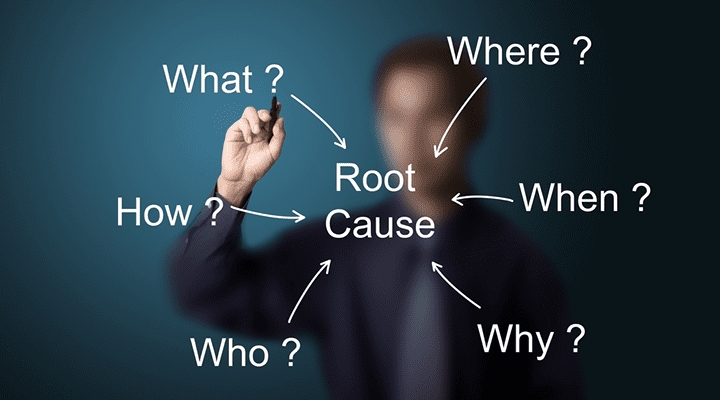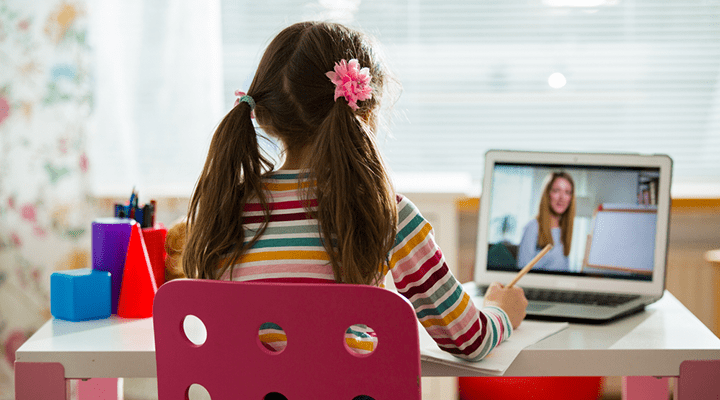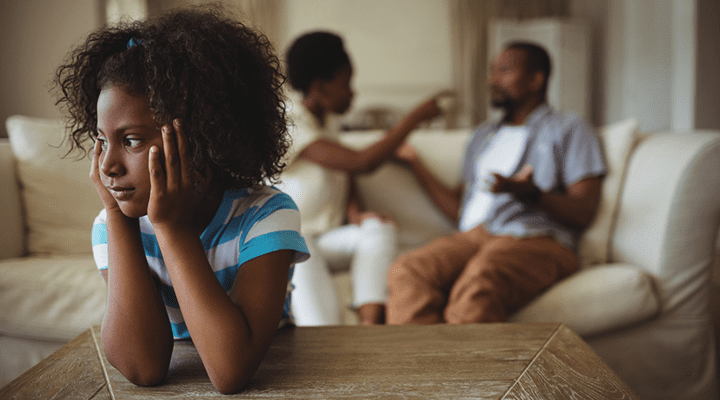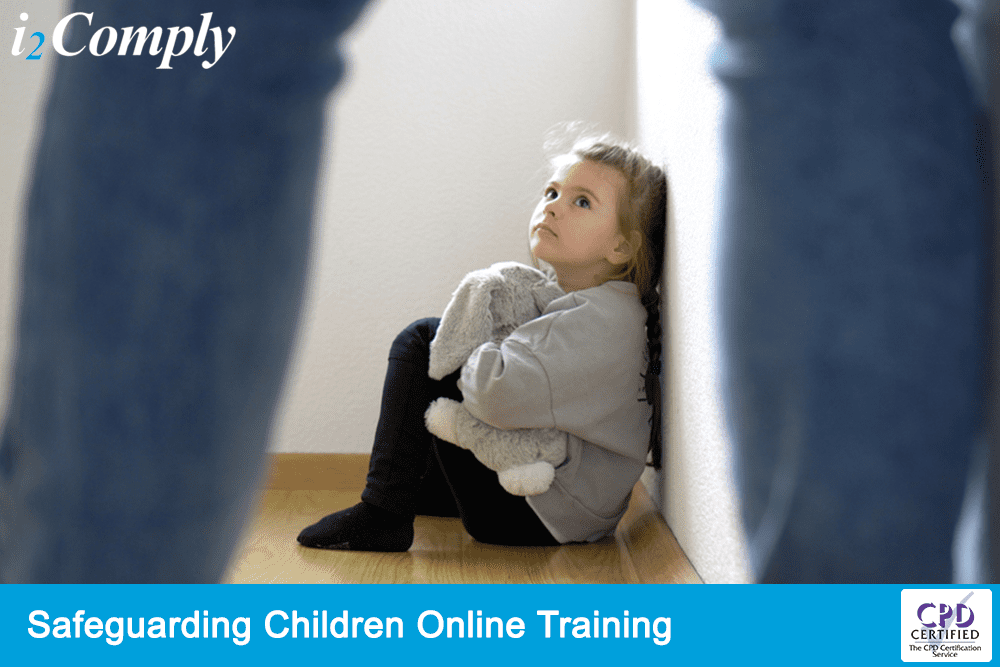Safeguarding children is a very important part of many people’s work role, and it is the responsibility of everyone who works with children. Legislation in relation to safeguarding varies around the UK. This article describes some of the important legislation in England.
What does safeguarding mean?
Safeguarding is the action that is taken to promote the welfare of children and protect them from harm.
Safeguarding means:
- Protecting children from abuse and maltreatment
- Preventing harm to children’s health or development
- Ensuring children grow up with the provision of safe and effective care
- Taking action to enable all children and young people to have the best outcomes.
Our Level 1 Safeguarding Children Online Course explains what is meant by Safeguarding children, how you can protect a child’s right to live in safety, free from abuse and neglect and types of abuse.
It is intended for everyone who works with, or has contact with, children and it covers the essential underpinning knowledge required by the Care Certificate Standard 11 – Safeguarding Children.
The online course takes approximately 2 hours to complete.
How does the Human Rights Act 1998 relate to safeguarding?
The Human Rights Act 1998 gives a number of fundamental rights to every person, including children, living in the UK.
- The right to life
- Freedom from torture or degrading treatment
- The right to education
- The right to liberty and security
- Protection from discrimination
Any organisation that acts in a way that infringes these human rights can be taken to court.
Children and families who understand their rights under the act are well-positioned to deal with public bodies.
United Nations Convention on the Rights of the Child
This is a legally-binding international agreement which the UK as signed and ratified, which is made up of 54 articles and gives children the right to:
- Live a healthy life
- Not be separated from their parents unless they are at risk of harm
- Protection from drugs, sexual abuse or any harm to their development
- Specialist support for children who have been neglected or abused
The UK has also signed up to two optional protocols. One of these means that children under the age of 18 are not allowed to take part in armed conflict. The other optional protocol requires governments to do specific things to end the sexual exploitation of children, forced labour, illegal adoption and organ donation. The UK is not signed up to a third optional protocol that allows children to complain to the UN when their rights have been violated.
To date, the rights specified in UNCRC are not part of UK law, so children cannot go to court and claim their rights by relying only on the UNCRC. However, all public bodies and those who make decisions and policies that affect children should consider the UNCRC when doing so.
Safeguarding Legislation in England
A wide range of laws cover different aspects of child protection. Here are some of the main issues.
Reporting
It is currently not a criminal offence if you fail to report cases of abuse or neglect. In April 2023, the previous government aimed to introduce a mandatory duty to report child sexual abuse for those who work or volunteer with children. In May 2024 the government prepared amendments to the Criminal Justice Bill 2023-24 for the introduction of a mandatory reporting of child sexual abuse. The Criminal Justice Bill 2023-24 did not complete its passage through parliament, and it is now down to the new government to decide whether to introduce the changes.
However, if you do not report suspected abuse, you may be subject to professional disciplinary proceedings or held to account through Significant Case Review reports or professional negligence cases.
Health and social care professionals and teachers must report known cases of female genital mutilation in under 18s to the police. (Female Genital Mutilation Act 2003)
If you provide regulated activities for children then you have a legal duty to refer anyone who has left your organisation because they harmed or might have been at risk of harming a child.
Smacking
It is unlawful for a parent or carer to smack their child, except where it constitutes reasonable punishment. Whether a smack is reasonable punishment depends on the age of the child and the nature of the smack. Punishment is unreasonable if it marks a child or is more than an isolated incident. (Children Act 2004)
Female Genital Mutilation and other issues
Female genital mutilation, FGM, is illegal in the UK. It is a procedure where the female genitals are deliberately cut, injured or changed, without any medical justification. FGM often happens against a girl’s will, without her consent, sometimes using forcible restraint. There are communities that traditionally perform FGM in Africa, the Middle East and Asia, so girls in the UK whose families come from these countries are at particular risk.
The UK government introduced FGM Protection Orders in 2015. These offer a legal means to protect and safeguard victims and potential victims of FGM. Anyone can apply to the court for an FGM protection order if they are concerned that someone is at risk of FGM. Breaching an FGM protection order is a criminal offence with a maximum sentence of 5 years imprisonment.
Health and social care professionals and teachers must report any suspicions of FGM to the police. (Female Genital Mutilation Act 2003)
Virginity testing and hymen reconstruction are also illegal in the UK. (Health and Care Act 2022)
Sexual offences
Sexual abuse involves forcing or enticing a child or young person to take part in sexual activities, not necessarily involving a high level of violence, whether or not the child is aware of what is happening. These activities may involve physical contact or non-contact activities.
Sexual abuse is not solely perpetrated by adult males. Women can also commit acts of sexual abuse, as can other children.
The age of consent is 16, unless you hold a position of trust in relation to the child, in which case the age of consent is 18. You are in a position of trust if you are: a teacher, a care worker, a youth justice worker, a social worker, a doctor, a sports coach or a faith leader. (Sexual Offences Act 2003)
Online issues
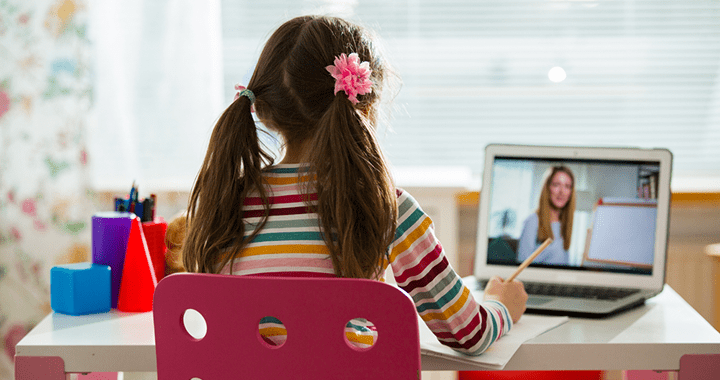
Online issues for children include cyberbullying, pornography and online sexual abuse. For further information about online safety please take a look at our article How to keep children safe online.
Internet pornography providers must prevent access to their material by anybody under the age of 18. In addition, Internet service providers must block access to any platform that makes extreme online pornographic material within the UK. (Digital Economy Act 2017)
Social media providers must operate a code of practice for responding to online bullying and harassment. (Digital Economy Act 2017)
The new Online Safety Bill, when it comes into force, will increase online protection for young people. However, there is much debate about how to balance this protection with freedom of speech.
Rights of children and young people
Children must receive age-appropriate relationship, sex and PSHE education at school. (Children and Social Work Act 2017)
Agencies must co-operate to safeguard and promote the welfare of children. (Children Act 2004)
Where children have support needs that are greater than provided for by special educational needs, there may be a need for an Education Health and Care (EHC) plan. EHC plans identify educational, health and social needs and set out the additional support to meet those needs. Parents, family, professionals and children themselves (if they are 16 or older) can request an assessment. However, if the local authority refuses this request, the requester can appeal that decision.
Rights of looked after children
Local authorities and schools must promote the educational attainment of looked after children. (Children and Social Work Act 2017)
Rights of child carers
Carers under the age of 18 who care for a family member have the right to help from the local authority, including an assessment. If they care for parents, the young carer will be included in the parent’s needs assessment. (Children and Families Act 2014 and Care Act 2014)
Rights of child migrants
The rights of refugee children are protected by the same national laws and international treaties that protect those of citizen children. (Children Act 1988)
Asylum seekers and refugees have the right to register with a GP, and refugee children have the right to access NHS care in the same way as British citizens. People seeking asylum in the UK also have the right for their asylum claim to be dealt with in a timely manner, so that they are not left waiting in limbo.
Children who arrive in the UK by an illegal route can not apply for asylum, now or in the future. Their claims are permanently inadmissible. (Illegal Migration Act 2023)
What to do if you suspect child abuse?
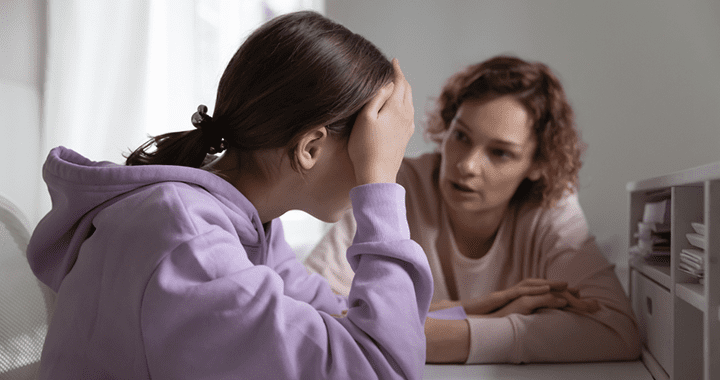
The Children Act 1989 tells you exactly what you need to do if you suspect a child or young person is at risk of harm or in need of support. Guidance identifies 4 steps:
- Be alert
- Question Behaviours
- Ask for help
- Refer
In England, you can report child abuse to the police or the Local Authority Child Protection Team.
GDPR sharing information without consent
The Information Commissioner has advised that organisations will not get in trouble under GDPR law if they share information to protect children and young people at risk of serious harm. The commissioner issued this guidance because recent serious case reviews have identified poor information-sharing among organisations and agencies as one of the factors contributing to failure to protect children.
Where can I find guidance on how to work with children?
In December 2023 the government published new Working Together to Safeguard Children guidance. This guidance outlines how practitioners working with children, young people and families should work together in order to ensure that children and young people remain safe from harm.
This new guidance aims to strengthen multi-agency working across the whole system of help, support and protection for children and their families. It re-balances the system towards early intervention, and ensures strong, effective and consistent child protection practice. Providing early help is more effective in promoting the welfare of children than reacting later.
Need a Safeguarding Children Course?
Then please take a look at our 2 hour CPD-certified Level 1 Safeguarding Children Training Course. This is just one course in a wide range of online courses for the Education Sector that we provide.
